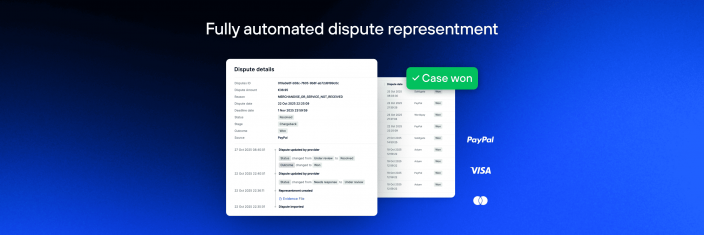Return Item Chargeback
A return item chargeback refers to a fee imposed by financial institutions on customers when a cheque they deposit is rejected. These fees are deducted from the customer’s checking account.
Put simply, a return item chargeback, also known as a deposited item returned fee or returned cheque fee, is the fee charged by banks to customers when they deposit a cheque that is later deemed invalid.
It’s important not to confuse this term with other types of chargebacks.
Return item chargebacks are completely unrelated to chargebacks initiated by cardholders when disputing a transaction due to order discrepancies. In those cases, banks directly debit the merchant’s account.
Furthermore, return item chargebacks have no association with credit or debit cards and have no impact on sellers.
To gain a better understanding, let’s compare return item chargebacks with traditional chargebacks. Traditional chargebacks are established by federal law as a means to ensure accountability and fairness in card transactions. They serve as a consumer protection mechanism, allowing buyers to dispute a transaction and recover funds from their bank or card issuer when the issue cannot be resolved directly with the seller.
In contrast, return item chargebacks are a measure used by banks to hold their own customers accountable. They serve as a tool to ensure that individuals depositing or cashing third-party cheques are confident in the validity of those cheques.
Written by Andrii Vovk
 PayPal
PayPal Blog
Blog

